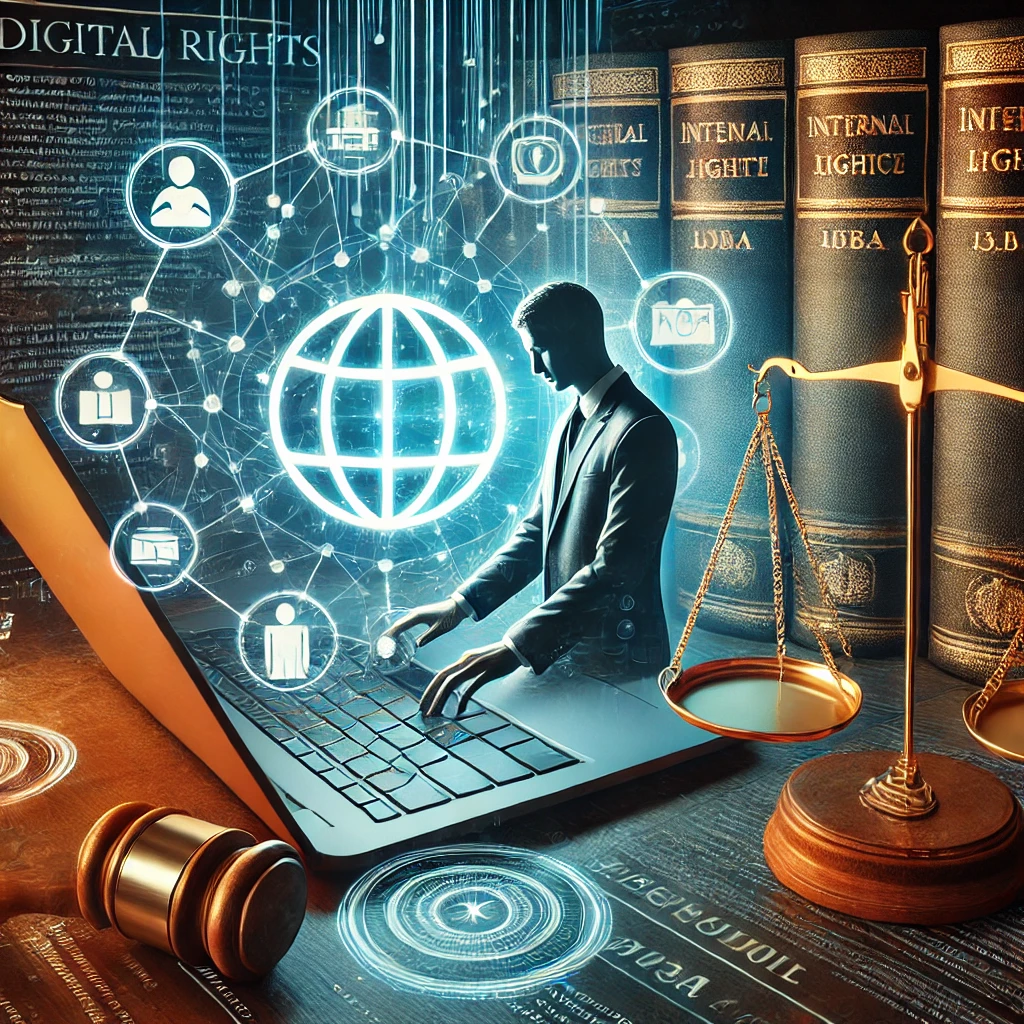State of Tamil Nadu vs Suhas Katti
🧾 Case Brief: State of Tamil Nadu vs. Suhas Katti (2004)
👩🏻⚖️ First conviction under the Information Technology Act, 2000 (India)
✅ Citation:
State of Tamil Nadu v. Suhas Katti, decided in November 2004
Court: Chief Metropolitan Magistrate’s Court, Egmore, Chennai
Key Law Applied: Information Technology Act, 2000 – Section 67
Type of Crime: Cyber defamation / cyberstalking / publishing obscene content electronically
🔍 Facts of the Case:
The accused, Suhas Katti, was a cyberstalker who posted obscene, defamatory, and harassing messages about a woman (a divorcee) in a Yahoo! message group.
He falsely portrayed the woman as soliciting sex, leading to her receiving numerous offensive phone calls.
The victim filed a complaint with the Cyber Crime Cell in Chennai in February 2004.
⚖️ Legal Issues:
Whether posting obscene and defamatory messages in a public online forum violates Section 67 of the IT Act.
Whether electronic evidence is sufficient to prove guilt beyond reasonable doubt.
Whether the accused was responsible for cyber harassment and defamation.
📜 Legal Provisions Invoked:
| Law | Section | Description |
|---|---|---|
| Information Technology Act, 2000 | Section 67 | Publishing or transmitting obscene material in electronic form |
| Indian Penal Code (IPC) | Section 509 | Word, gesture or act intended to insult the modesty of a woman |
| IPC | Section 469 | Forgery for purpose of harming reputation |
🧾 Evidence Used:
Electronic records of the obscene messages posted.
Testimonies of the victim and witnesses.
Technical evidence linking the accused’s IP address to the messages.
Confession of the accused and forensic cyber evidence.
👨⚖️ Judgment:
The accused was found guilty under Section 67 of the IT Act, as well as under Sections 469 and 509 of IPC.
He was sentenced to 2 years of imprisonment and a fine of ₹4,000.
📌 Significance of the Case:
First conviction in India under the Information Technology Act, 2000.
Highlighted the effectiveness of cybercrime investigation and the admissibility of electronic evidence.
Set a precedent for cyber harassment and online obscenity cases.
The case was swiftly decided within 7 months, showcasing judicial efficiency.
📚 Key Learnings:
Cyber harassment and defamation are punishable even if done anonymously or under a false identity.
Victims can seek redress under both cyber law and traditional criminal law (IPC).
Electronic evidence and IP address tracing play a crucial role in conviction.
Do write to us if you need any further assistance.












comments